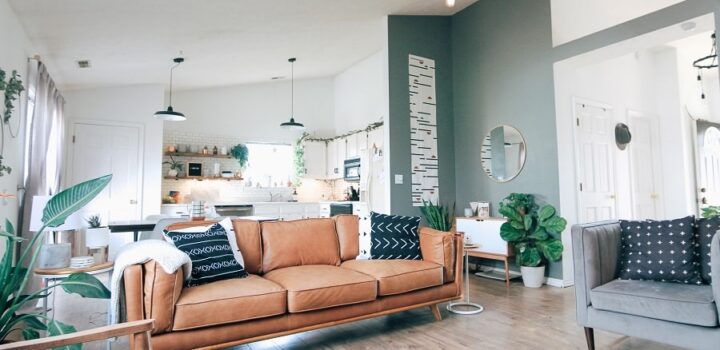Should You Build or Buy Your Home?

Before signing deals or putting money down, a lot of time and energy is spent looking for or preparing “the perfect home.”
A typical house hunt takes into account location, pricing, market dynamics, taxes, HOA fees, and property characteristics. Furthermore, most customers have a wish list that comprises specific requirements and desires.
While there are many important factors to consider when purchasing a home, one of the first is either to buy an existing property or build one from scratch.
Each strategy has advantages and disadvantages. Here are the two sides.
Buying an Already Built Home
Purchasing an existing home has two major advantages: ease and cost. Then you can look around, choose a house, and make an offer.
A good real estate agent can assist you in locating suitable properties, guiding you through the negotiations, and assisting you with the paperwork. Depending on the circumstances, you might be able to close the deal and move in within a month or two.
Many individuals prefer existing homes over new homes since they can move in right away rather than going through the lengthy construction process.
Important Considerations:
- It’s difficult to find a home in excellent shape, so if you’re considering purchasing one, factor in the cost of modifications or renovations.
- Buyers can save energy by purchasing a new home.
- Buying a home rather than building one is usually a better choice.
- The bulk of purchasers is hunting for properties that are no longer usable. A magnificent four-bedroom house may have only one bathroom, or the kitchen may be too small to enlarge.
- You will need to spend money on renovations, repairs, decorating, and/or landscaping unless you acquire a pre-owned home in excellent shape. These extra costs should be factored into your overall budget, especially if you’re comparing properties or creating your own.
Building a New Home
It is more convenient to buy an existing home than to create one. Not only must you pick the site, which may or may not be in an existing neighborhood, but you must also hire an architect or constructor and select every component of the new structure.
Working with a reputable builder and establishing a positive contract reduces the risk of exceeding the budget or taking longer than expected.
Joining a well-established development may make the process easier, but it may limit your alternatives. Always research the various architecture firms available.
The biggest advantage is that you get exactly what you want. For many, this is sufficient motivation to build rather than buy. Other advantages include the ability to construct a more energy-efficient home that meets modern energy norms and standards for heating, cooling, and air filtration. Improved efficiency benefits the environment while also saving money on monthly utility bills.
The main downsides of building a home are the higher costs and longer timetables, both of which might increase over time. You should also learn more about funding options for your project.
Request and investigate recommendations from potential builders. Instead of a cost-plus contract, you may utilize a lump-sum contract. A lump-sum contract specifies a fixed price for construction, shifting risk from the buyer to the builder. It may aid purchasers in avoiding price increases.
Even if you begin your search for the ideal existing home, you can end up creating it yourself. You may later decide that an existing home is best suited to your requirements. Working with a qualified and experienced professional can help to ensure that the procedure goes as smoothly as possible.
